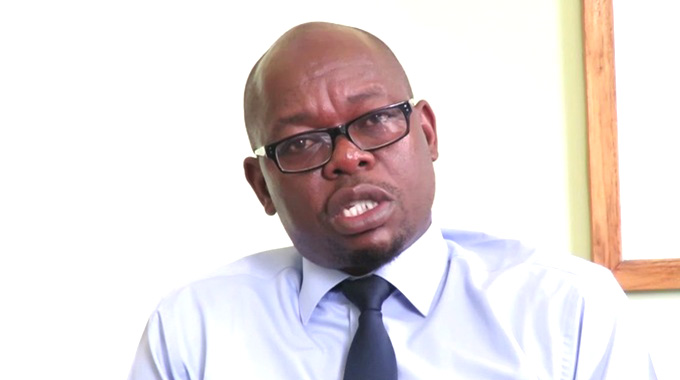Ndebele says domestic football family slept on duty

Grace Chingoma Senior Sports Reporter
VETERAN football administrator and FIFA instructor administration and management, Kenny Ndebele, believes the domestic football constituency slept on duty regarding club licensing and this has come to haunt the game.
Another respected football voice, former Warriors team doctor and WADA Southern Africa chairman, Nicholas Munyonga, says there is a tendency to be reactionary, and not proactive, in this country’s football fraternity.
Munyonga said, exactly 20 years after the rights to host the Africa Cup of Nations were taken away from Zimbabwe, there has been no improvement in the quality of the stadiums.
They were reacting to the CAF ban on all domestic football stadiums from hosting international matches.
Ndebele said although he would have loved to see the full report of the recommendations made by CAF on their last visit last year, he believes the same areas which are important in the pillars of infrastructure, in club licensing, were required.
“We have been talking about club licensing since 2010 and this is one facet of club licensing which we are falling foul of,’’ the PSL chief executive said.
“Club licensing was introduced some 10 years ago and its objective is to provide a safe and secure environment.
“I am not too sure what is in the report, the requirements which needed consideration before the match. But FIFA recognise the role of media, and treat them with respect, and that means you must have a tribune fully furnished with internet services.
‘‘An anti-doping room must be equipped with a refrigerator.
“We can’t be sitting on concrete, in this day, and then argue how many people fit into Rufaro. If you don’t have a correct seating capacity, you may overload the stadium and block the seat ways, which should not be blocked, and block movement of people during a match.
“The principles behind club licensing were made to provide a safe and secure environment. Someone was circulating Pitso Mosimane’s backroom staff, which had about 19 people, so you need those big rooms.
“And then the issue of ticketing, CAF and FIFA have a share, so you cannot rely on manual ticketing.
“We do appreciate that the council has bigger issues that are to provide water, good roads and refuse collection to ratepayers so it becomes a challenge to provide these services.’’
Munyonga echoed the same sentiments.
“The challenge that we have is that sometimes we don’t put into action things that we would have been told a long time ago,’’ he said.
“When the rights to host 2000 Africa Cup of Nations were taken away from us, we were told we didn’t have facilities to host and were behind time in terms of renovating the facilities.
‘’That’s exactly 20 years ago.
“If we check, the only resemblance of renovation that took place was related to the African Union Sports Council Region Five Under-20 Youth Games which were held in Bulawayo, leaving Babourfields in its own category, compared to other stadiums.
“Today, at the National Sports Stadium, players sit on the floor in the changing rooms. It means it doesn’t need CAF to tell us our stadium doesn’t qualify to host. It is something which is given and something that we know.
“When CAF came in and inspected the National Sports Stadium, Babourfields and Mandava last year, they left a list for things to be done and said we will come back to inspect before March and nothing was done.
‘‘Teams need to plan. CAF are entitled to then make a decision that supports best practice where teams must know where they are going to play, condition of the turf, and quality of hotels.’’
He said there was a lot that needed to be done.
“A good facility doesn’t favour the away team but the home team as well. Our squad now consists of international players, playing in some of the good leagues, so they are also affected,’’ said Munyonga.
“If we look ourselves in the eye, I think we have become more of talkers, than doers, and sometimes think that weeding grass in the stands is renovation yet we need to guarantee safety for the players, safety of spectators and everyone, this is why FIFA insists on good stands, facilities and good parking as well as comfortable changing rooms.’’










Comments